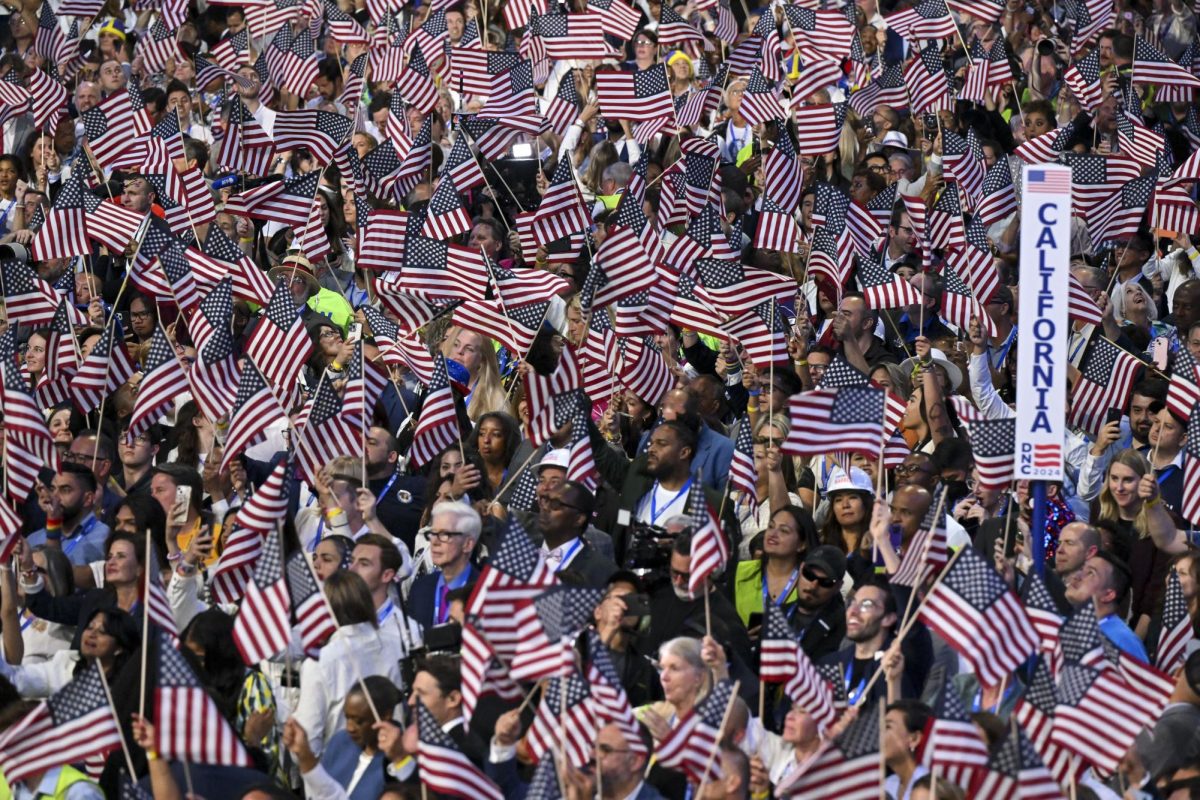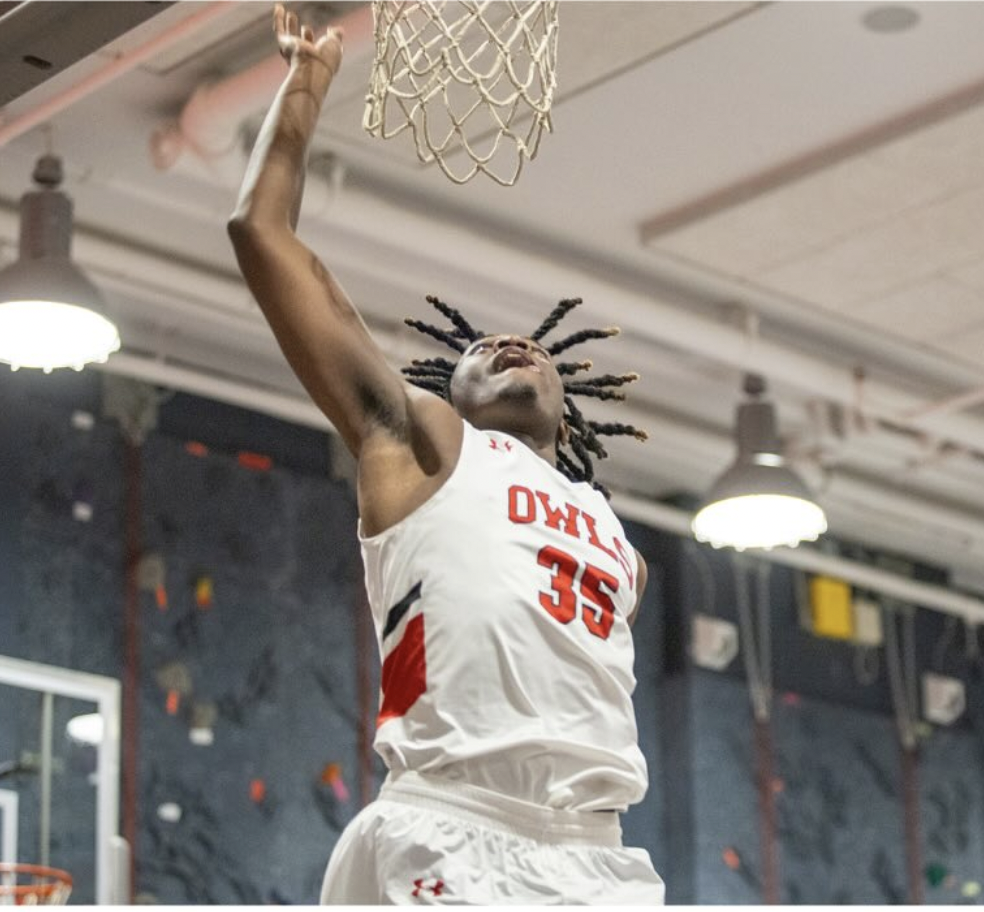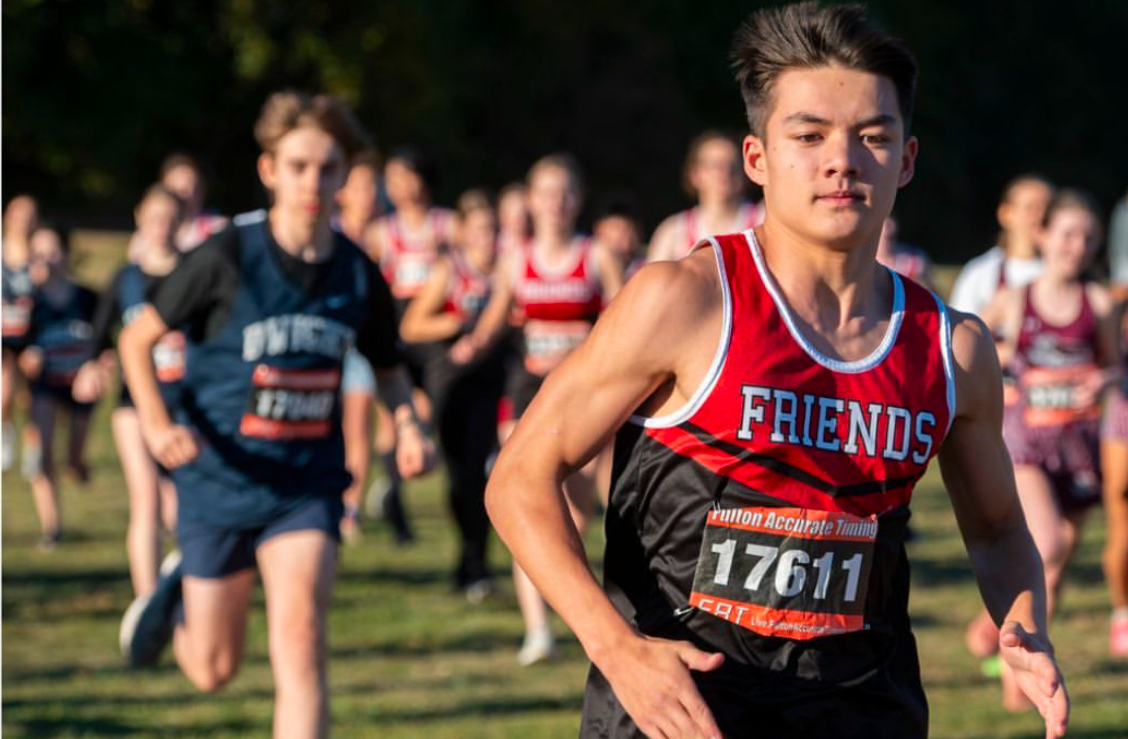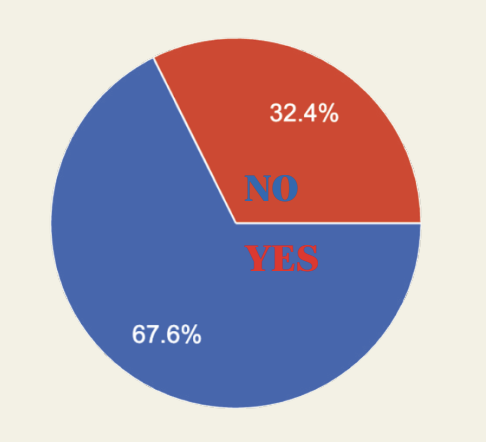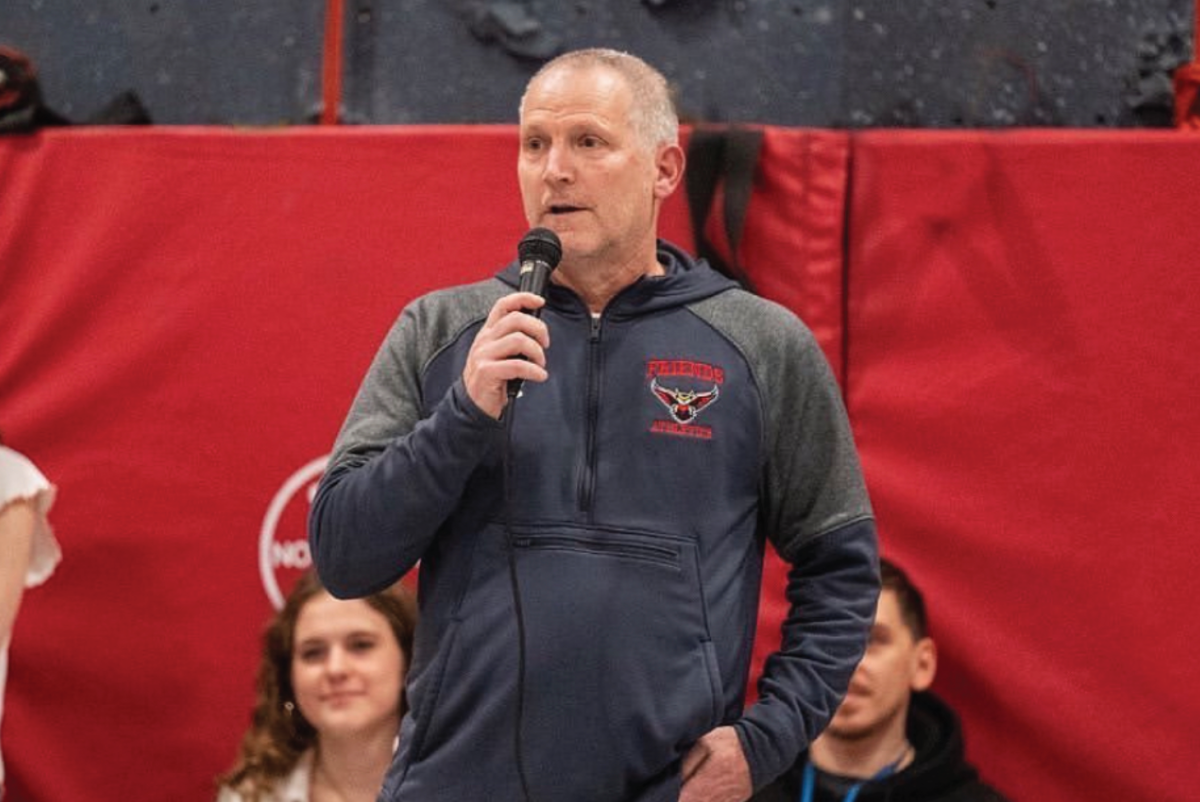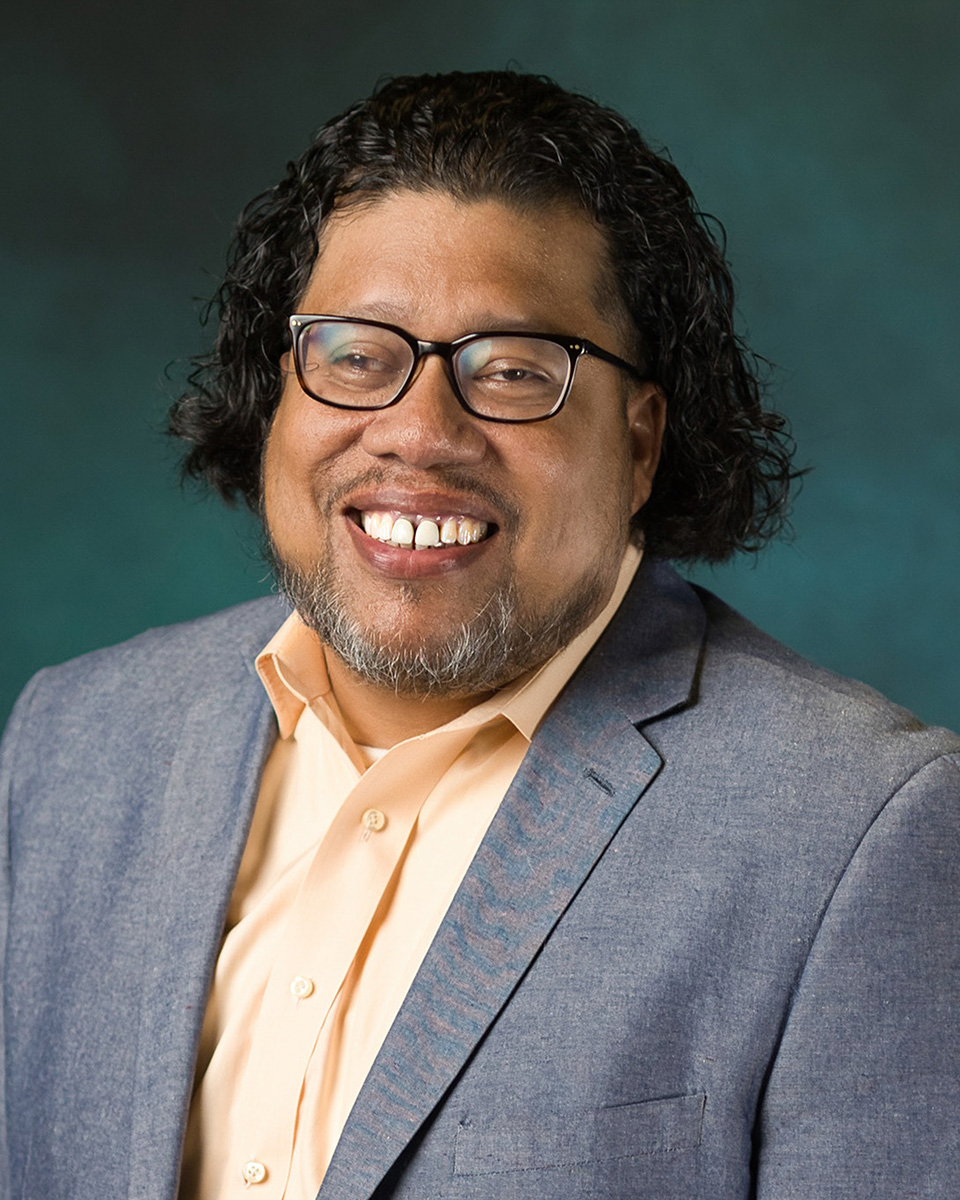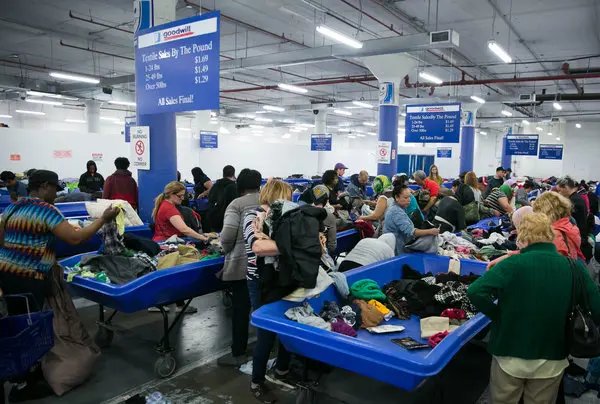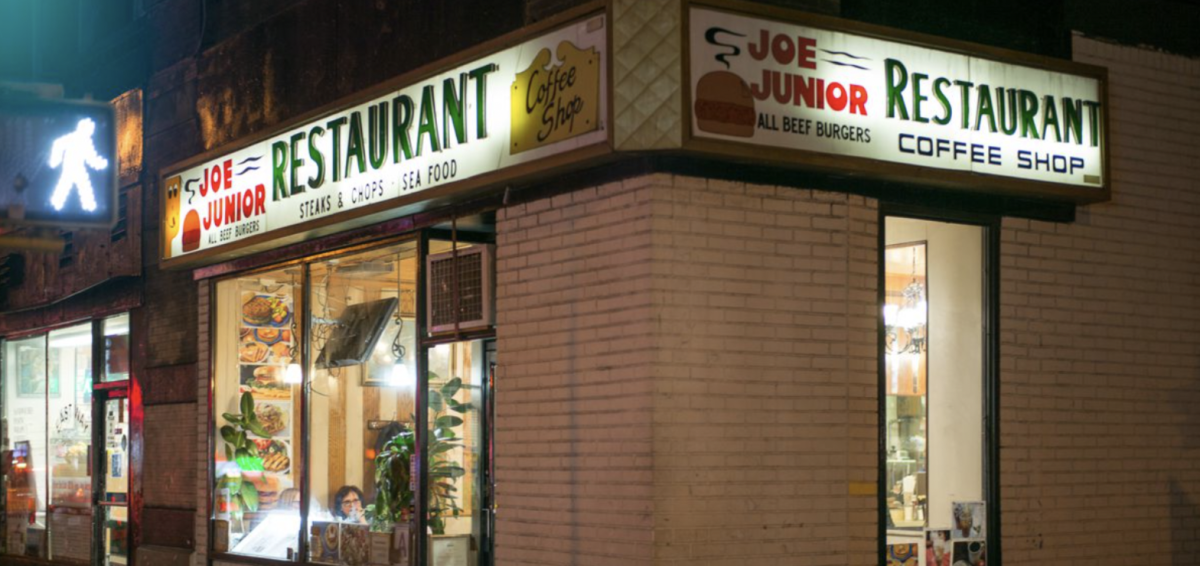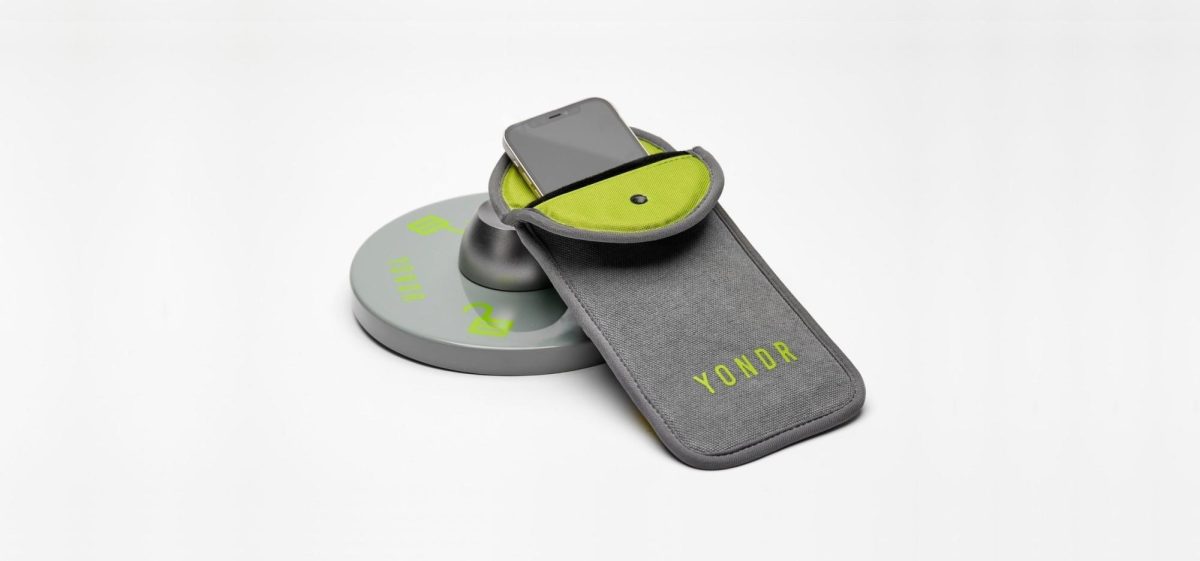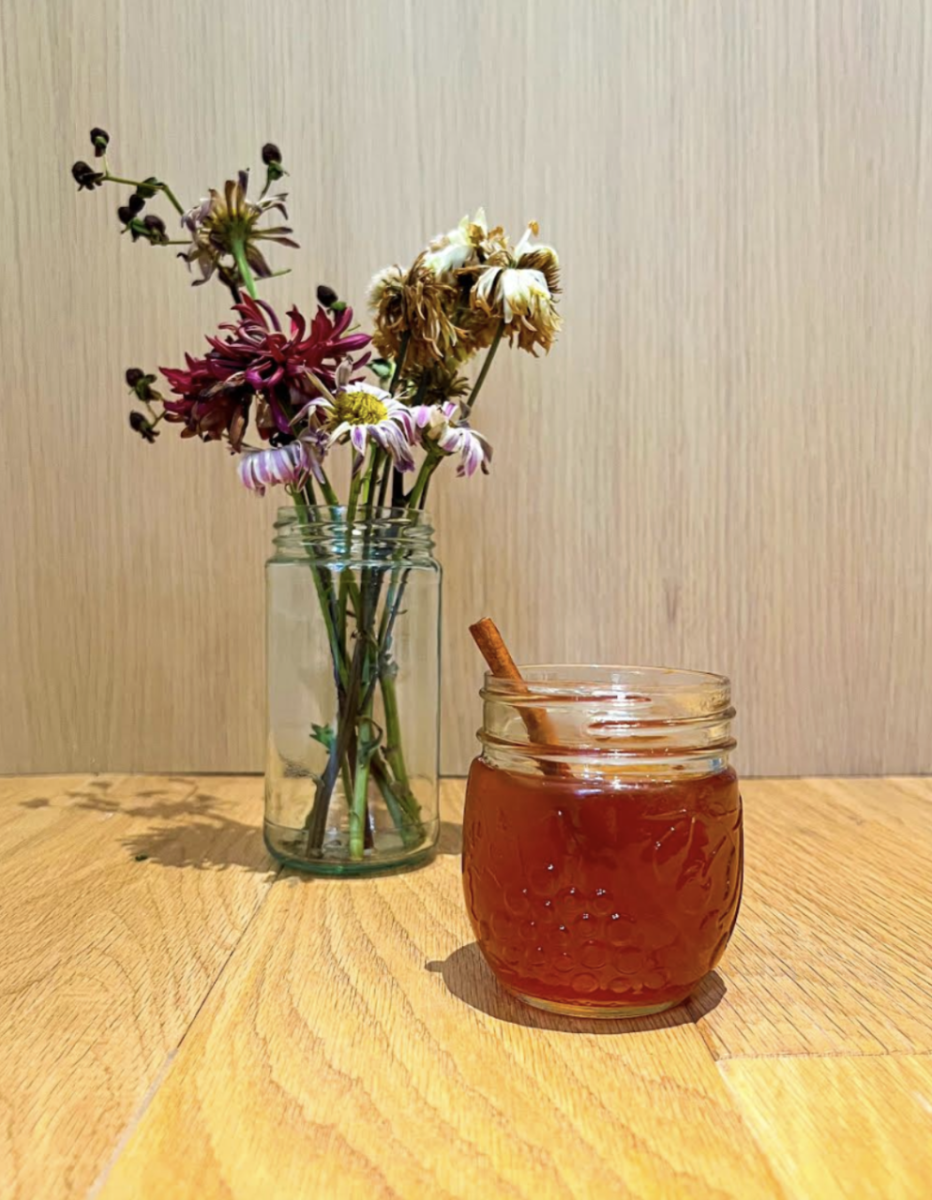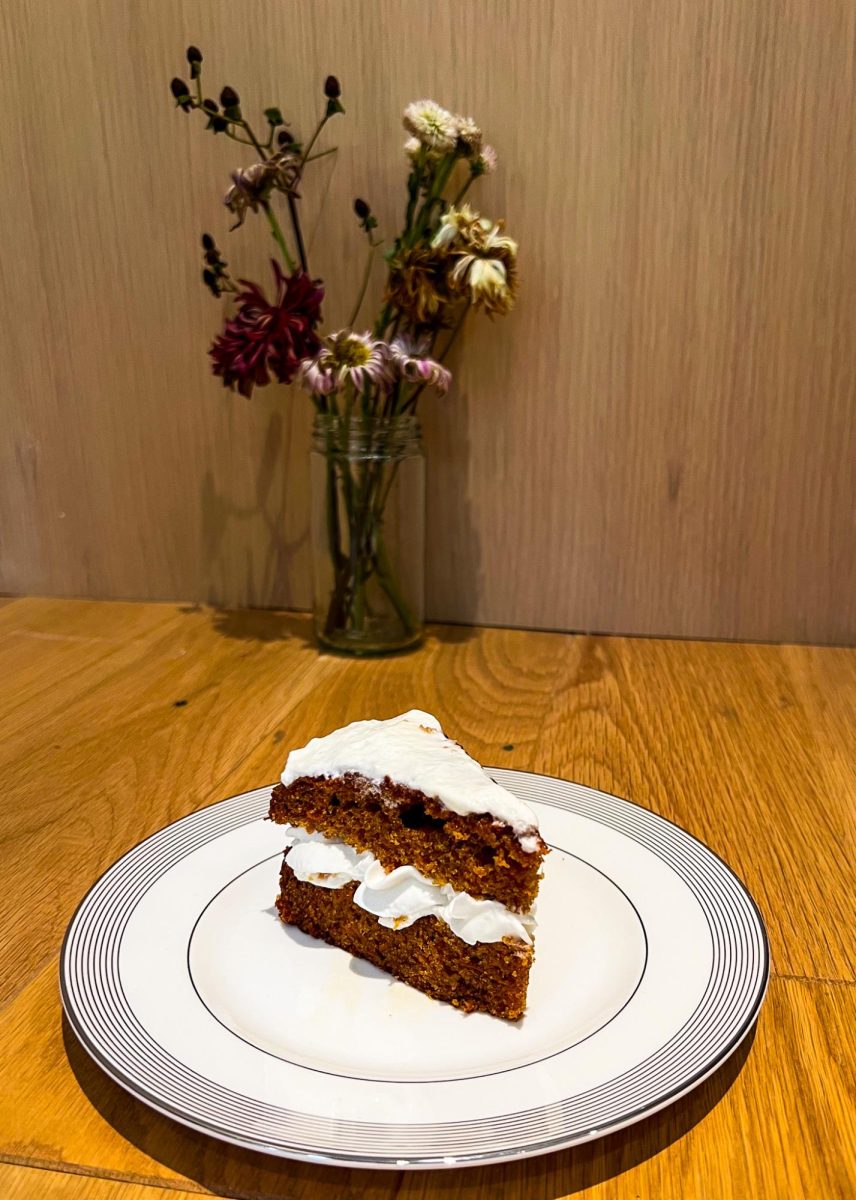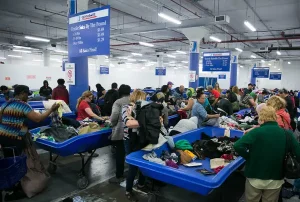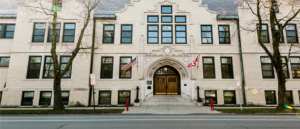Brockhampton meditates on American darkness on ‘Roadrunner: New Light, New Machine’
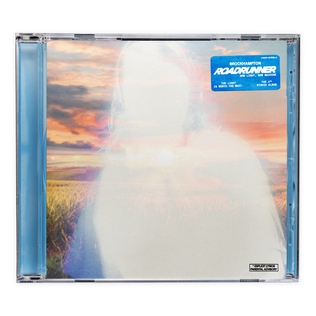
QUESTION EVERYTHING/RCA Records
Max Mandel ’21 writes about the complex, but redeeming listening experience on Brockhampton’s album “Roadrunner: New Light, New Machine’”
June 6, 2021
Almost exactly two years after producing the studio album “Ginger,” Brockhampton, an LA-based hip hop boy band, has released their sixth studio album: “Roadrunner: New Light, New Machine.”
Though the album has its fair share of party music aesthetics as well as lighthearted and comedic verses (e.g. Danny Brown on “Buzzcut”), “Roadrunner” at its heart strives to express meditations on a modern American darkness.
“Bankroll” (feat. A$AP Rocky & A$AP Ferg) stands out as one of those flashy, aggressive, catchy bangers we’ve come to expect from Brockhampton. Merlyn’s verse is particularly cathartic, and Rocky is effortlessly cool on his refrain. Ferg sounds surprisingly energized. This track, too, shows a progression for Brockhampton in their use of featured artists on their tracks. In fact, “Roadrunner” is pretty saturated with features, a major change from “Ginger,” which has no verses from artists outside the collective (at least none prominent enough to be noted on the tracklist). Indeed, Danny Brown and Jpegmafia also make appearances on this album, two major names in the alternative hip hop and outsider rap world.
“The Light” is where the darkness reveals itself. Featuring producer, vocalist, and founding member of Brockhampton, Joba, and leader of the collective, Kevin Abstract, the song breaks away from the usual Brockhampton formula of jumping between each of the guys’ hottest bars for a party-full-of-rappers effect. Instead, we get to hear Joba out. The track has a grunge sound fairly distinct from basically any other song on the album, but the musical aesthetic is deliberately chosen to match Joba’s verses. “The Light” meditates, often in brutally honest and disturbing ways, on the suicide of Joba’s father. It also finds itself concerned with the overlap of world events, the cultural tides of our times, with this story of individual loss. This track is a tale of modern American loss. We hear about “headlines” that paint a dark view of the world in the intro. We hear of “something missing deep inside” on the bridge. And the final line in the song is Kevin pleading for freedom — true freedom.
“Don’t Shoot up the Party” continues to engage with the darkness. Opening with “All American self-hatred runs deep,” this liberated-sounding track goes on to touch on a vast array of the country’s deepest issues, seen from Kevin Abstract’s perspective: homophobia, a deeply entrenched racist history, an epidemic of gun violence. Matt Champion’s verse even touches on the pandemic. Finally, Joba returns to reprise messaging from “The Light” in a plea for the valuing of human life, for an abstention from violence, and for faith in the light at the end of the tunnel. With its wild and free sound (the Goldwash synthesizer is looser than than ever on here), aggressively spat bars, and wide-ranging subject matter, “Don’t Shoot up the Party” sounds an awful lot like the musical version of what Philip Roth coined as the “Indigenous American Berserk” – a phrase which Roth had used to demonstrate that chaos, suffering and the berserk are not contradictions to America and her dream of true liberty, but inherent characteristics of the nation. It’s a powerful moment. One wonders, however, if it isn’t perhaps a mistake for Brockhampton to spread themselves so thin on a track like this— mentioning a whole lot, making a lot of beautiful, free sound, but in the end, not saying very much.
“The Light PT. II” bookends Joba’s story on “Roadrunner” and the whole album. “The light is worth the wait, I promise” is the key refrain on this song, and it’s a fitting one. Through Kevin Abstract’s first verse, “The Light PT. II” meditates on American tragedies like police brutality (“only take the jeep when my boyfriend is driving / plus he got the kinda skin that make the police like him”), as well as the recent protests that occurred over the summer (“breaks her heart when she see my city burn”), all through the lens of Joba’s personal tragedy, which frames the track as a call to see the light; a plea repeatedly made, seemingly to his father (“the light is worth the wait … please don’t do it”).
On Brockhampton’s “Roadrunner,” mixed in with sleek, cleanly produced bangers with star features and catchy and comedic singles, are extremely meaningful meditations on the state of freedom in the US, the political climate, but most clearly, the state of American violence. Joba’s story of personal loss on the record asks the audience to reckon with this violence in the United States — be it racial or political, or self-inflicted. In the end, this is a record that, through a lot of noise and production value, tries to stand up for the value of human life. And that makes for a good and complex listening experience.



